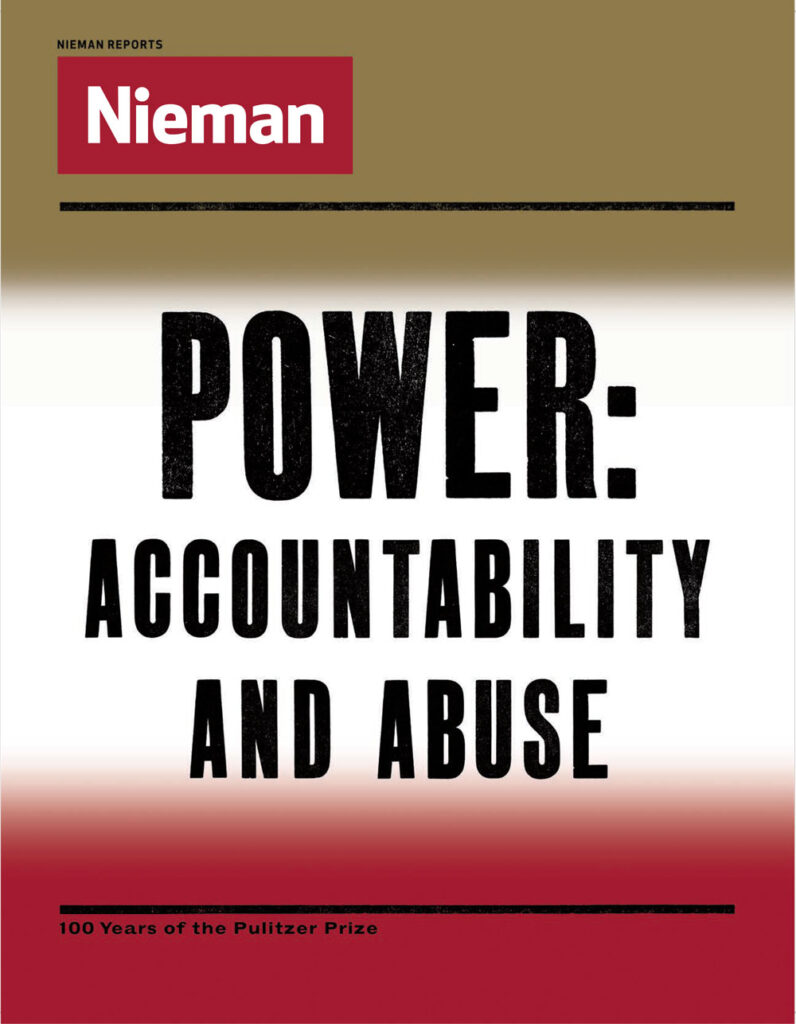Tucker was recognized for her columns exhibiting a strong sense of morality and connection to the community, such as the one excerpted here about former Atlanta Mayor Bill Campbell, who was the target of a seven-year federal investigation into corruption during his time in office. Campbell was convicted on three counts of tax evasion and spent more than two years in prison.
[F]ormer Atlanta Mayor Bill Campbell[’s] trial on corruption charges began this week with jury selection. During his tenure, Campbell was combative with critics—flying into a rage, denouncing his enemies, calling for retribution.
But his oddest defense was to portray himself as a downtrodden black man being persecuted by powerful white forces—another Kunta Kinte. Lashing out at federal investigators nearly six years ago, Campbell said, “The FBI has never been a friend of the African-American community, and they’re not a friend now...I don’t know that African-Americans have ever had any confidence in the FBI.”

There is nothing downtrodden about Campbell. He is polished, sophisticated and well-educated, a graduate of Vanderbilt University and the School of Law at Duke University. He is currently a partner at the Stuart, Fla., law firm of Willie Gary, renowned as a plaintiff’s attorney.
Before he was elected mayor, he was a federal prosecutor, then an attorney in private practice. He was also elected to the Atlanta City Council, where he was floor leader for former Mayor Maynard Jackson.
In Atlanta, Campbell lived in a middle-class, predominantly white neighborhood, Inman Park, and sent his children to a trendy (and expensive) private school, Paideia. Because of security protocols, police officers were often posted just outside his home. His lifestyle was redolent of success.
Campbell was the man.
But, like so many high-profile criminal defendants before him, Campbell wants observers to believe he is the innocent victim of racist, overzealous prosecutors who won’t tolerate successful black men. That defense is almost as dated as wide ties and leisure suits.



